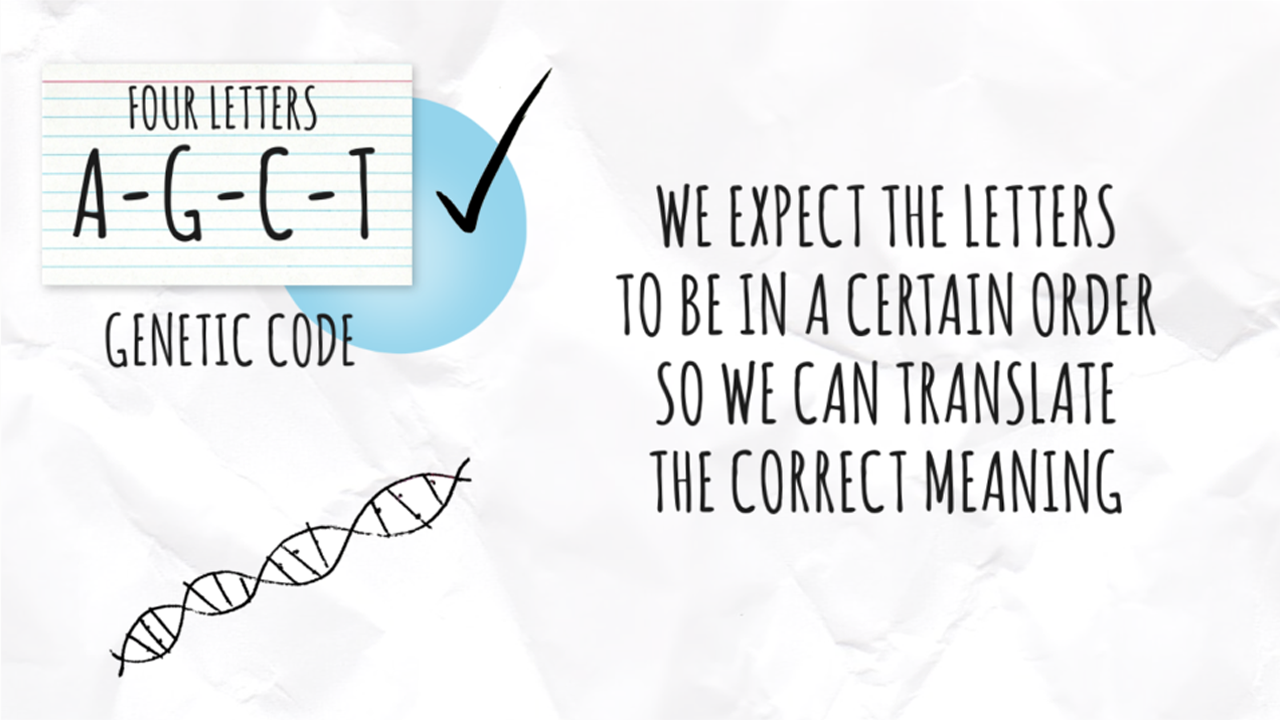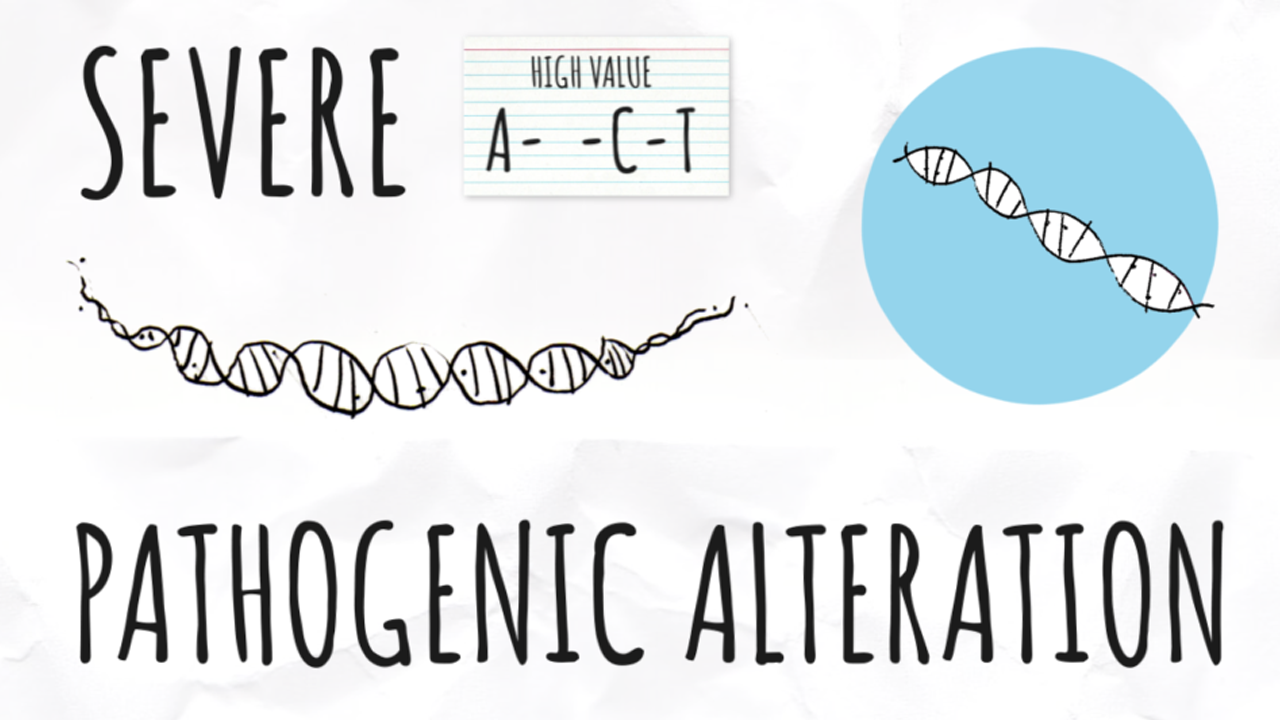Our "BRCA & Beyond" blog continues to be a place where we discuss and share information about important topics surrounding BRCA1/2 mutations, and we hope you find it helpful. For this post, I wanted to share some scientific background with you about what it actually means to have a BRCA1/2 (often referred to as "BRCA") gene mutation that causes hereditary breast and ovarian cancer (HBOC).
We all have over 20,000 genes, and our genes are instruction manuals for our bodies. Many of our genes are doing very specific jobs within our bodies. The BRCA1 and BRCA2 genes are what we call "tumor suppressor genes," which basically means that these two genes (among others) are supposed to be protecting our bodies from developing certain types of cancer. We all have two copies of each of these genes - yes, men too! When working properly, these genes help protect us from developing cancers like breast, ovarian, and even prostate cancer. Some people, however, are born with a spelling error within the instructions of one of these genes. These are called "mutations." Whenever you hear that someone is BRCA "mutation-positive," it means that they happen to have a mutation in one of their BRCA1 or BRCA2 genes.
Gene mutations make it difficult for our body to understand the instructions that our gene is supposed to be providing - so when mutations are present, the gene is unable to do its job properly. Since the BRCA1 and BRCA2 genes are supposed to be protecting us from developing certain types of cancer, people with a mutation in one of these genes have a higher risk for breast cancer (men, too), ovarian cancer, prostate cancer, pancreatic cancer, as well as melanoma. You can find more details about that here.
If you have a higher risk for cancer because of a gene mutation, we in the medical field can do a better job of taking care of you and your family members. Most often, extra screening for the key types of cancer is recommended, to increase the chances of finding cancer at an early stage (when it may be more treatable). There are also sometimes options for specific preventive surgeries that you can consider; these may be able to significantly reduce your chances of developing certain cancers. If you or your family members have a BRCA mutation, it is important to talk to your doctor or a genetic counselorabout your risks and your options for reducing them, so that you can make an informed personal choice.
It is also important to remember that if you have a BRCA mutation, your close family members could also have the same mutation and have an increased risk for cancer. If you find out that you have a mutation in these genes, talk to your family, so that they know this. Your family members can then talk to their doctors or a genetic counselor to learn more. They can also use Hereditarycancer.com and this blog as a resource, in case they want to consider genetic testing, change their cancer screening, or just find support.





